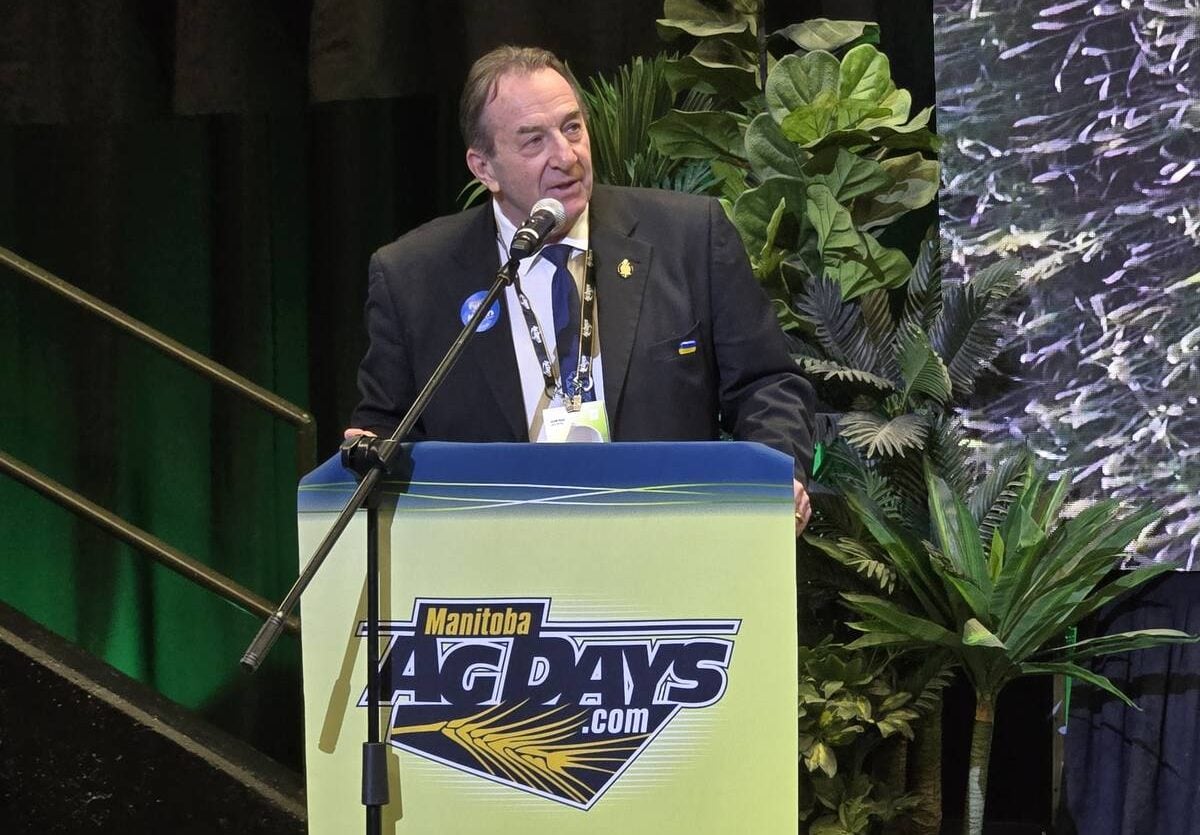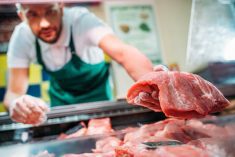Reuters – In South Africa, a country where all-day barbecuing is a national pastime, plant-based substitutes are making surprising inroads despite a deep cultural love of meat and hostility from the regulator.
That could be heartening for climate scientists, who say shifting diets from emissions-heavy meat and dairy toward more plant-based foods is vital to the fight against climate change.
Plant-based meat substitutes are growing by 6.5 per cent a year and sales are expected to reach US$561 million by 2023, according to Research and Markets.
Read Also

Manitoba crop insurance expands wildlife coverage, offers pilot programs
New crop insurance coverage is available to Manitoba farmers.
South Africans spent $15 billion on meat products in 2018 and the country is now the world’s ninth biggest per capita consumer of beef.
[RELATED] Opinion: Politicizing proteins
The popularity of veggie alternatives would have been unthinkable even a decade ago and the market is outstripping forecast growth for meat. The shift has so unnerved South Africa’s processed meat industry that in June it lobbied for – and got – a government ban on plant-based products using words like ‘nugget’, ‘sausage’ or ‘burger’ on packaging.
The agriculture department at the time said the move was aimed at preventing consumer confusion. A spokesperson did not respond to repeated requests for comment.
Food producers remain undeterred.
At meat processor Feinschmecker, staff pour powdered soy and pea protein into vats and rehydrate them to make its plant-based ‘deli slice’, a name derived in anticipation of a ban on labelling it ‘ham’.
“A lot of it’s driven by flexitarianism. People who want to make a bit of an effort to eat less meat,” Alistair Hayward, Feinschmecker managing director, told Reuters.
Top food producer Tiger Brands bought a stake in meat-substitute start-up Herbivoire in March, while supermarkets like Woolworths have introduced their own ranges.
Clearly, ethical food choices are a luxury of the relatively well-to-do. A quarter of South Africans struggle to put any food on the table.
Evidence is accumulating that curbing consumption of meat and dairy, which the latest estimates put at around a fifth of all emissions, is key to meeting United Nations climate goals.
A paper in Science in February said ending animal agriculture could stabilize greenhouse gas levels for 30 years and offset 68 per cent of CO2 emissions this century. Another in 2018 showed switching the world to a purely plant-based diet could slash food-related emissions by nearly half.
[RELATED] Comment: Saving the planet, one bite at a time
Yet forgoing cheeseburgers is not something governments, many of which dole out billions of dollars to livestock farmers, are likely to propose at this month’s climate talks in Egypt.
Lowering animal consumption may boil down to consumers like Angie Raphalalani, 57. She gave up meat over climate concerns and her diabetes.
















